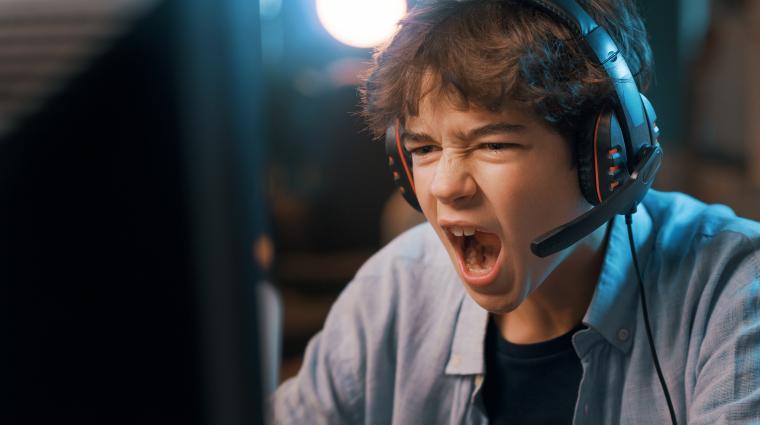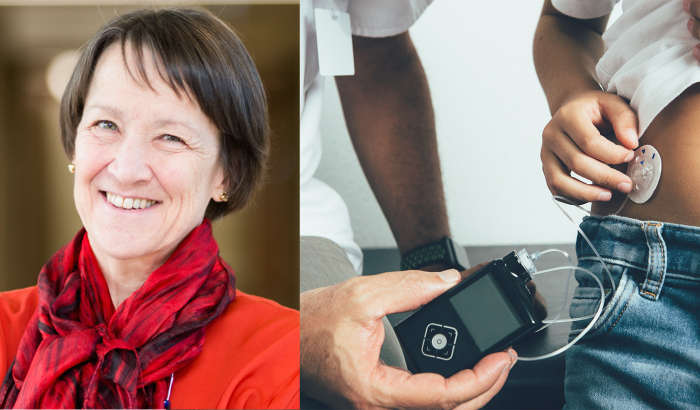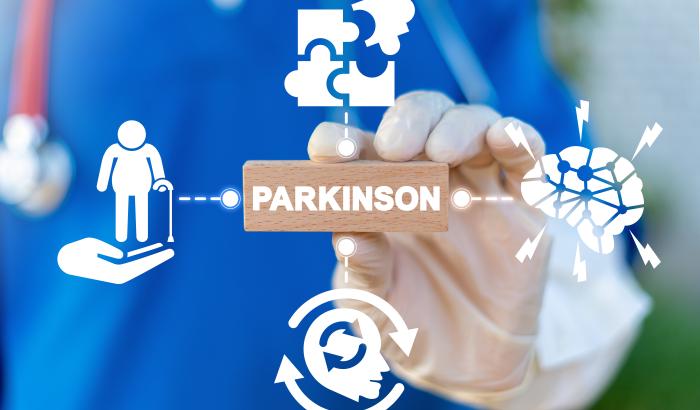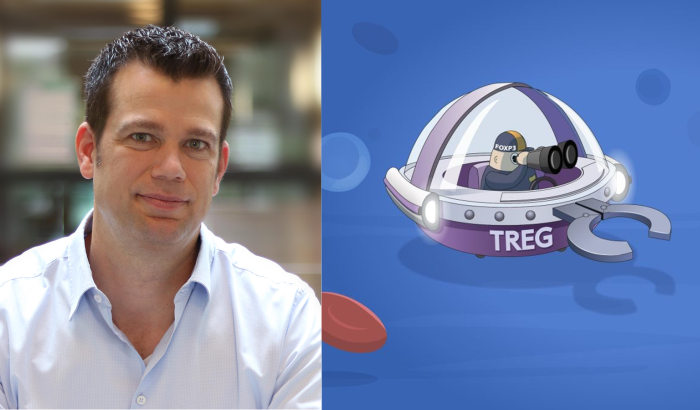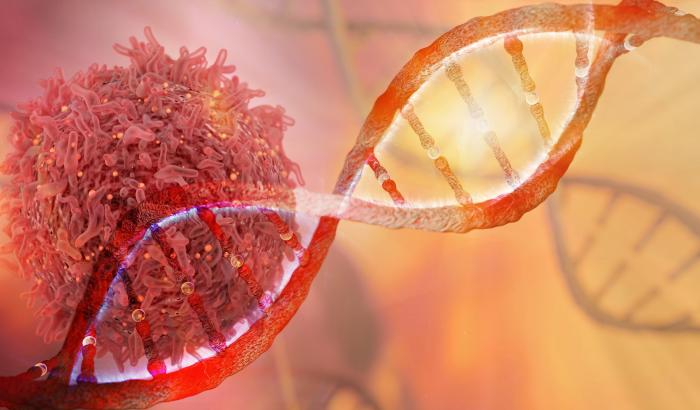The video is available in English with German and/or Dutch subtitles.
One in three stroke patients suffers from aphasia, a language disorder, and suddenly face problems communicating. The good thing is that with the right therapy their communication can be improved. In her PhD at KU Leuven, Jill Kries is developing an automatic, fast, and precise method for diagnosis drawing on audio stories, EEG, and an algorithm.
About Jill
Fascinated by the human mind and communication, Jill Kries decided to study psychology at Université Libre de Bruxelles after finishing high school in Luxembourg. Her imperturbable curiosity for the brain and its functions led her to choose a master’s degree in neuropsychology at Maastricht University and conduct research about how language is processed in the brain. During her PhD at KU Leuven, Jill aims to develop a brain-informed diagnosis for language problems after a stroke, which can ultimately help the affected people to improve their communication skills. She is financially supported by an AFR-PhD grant from the Fonds National de la Recherche (FNR).
Author: Jill Kries (KU Leuven)
Editor : Michèle Weber (FNR)


